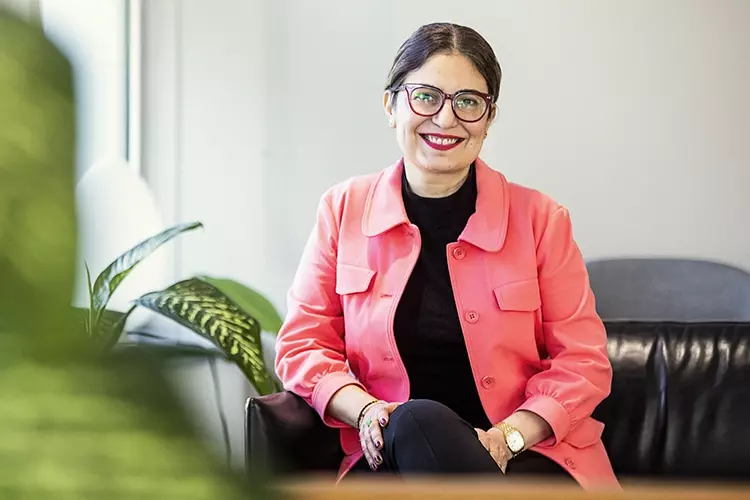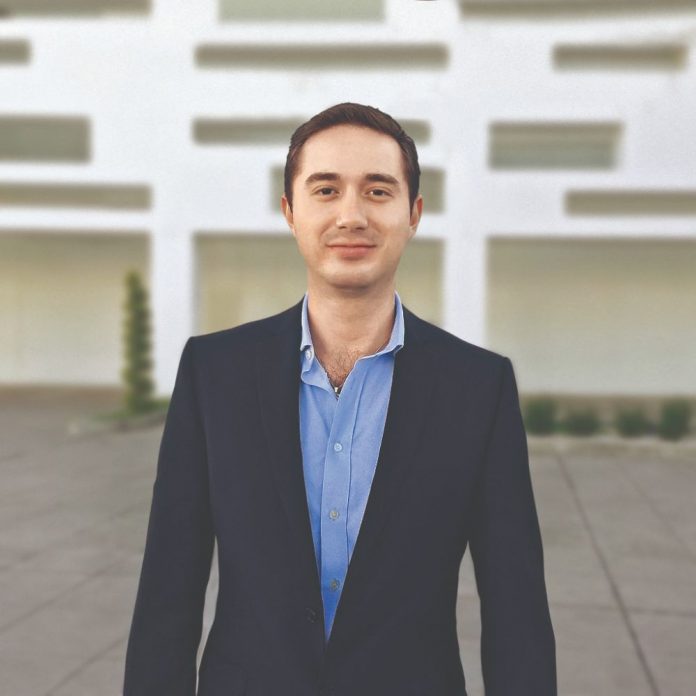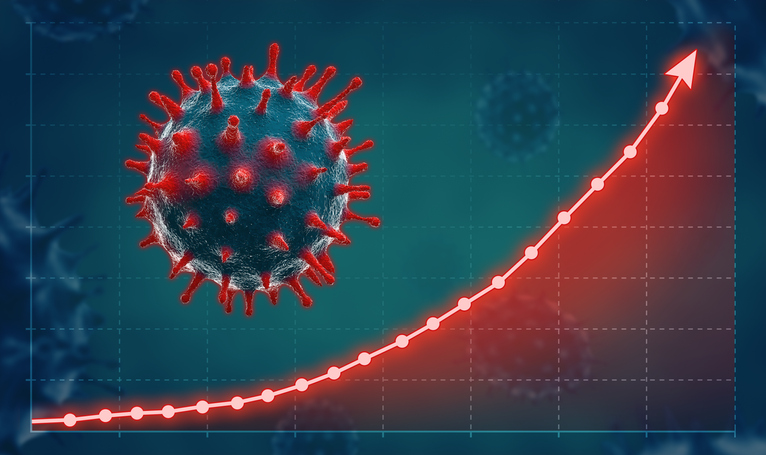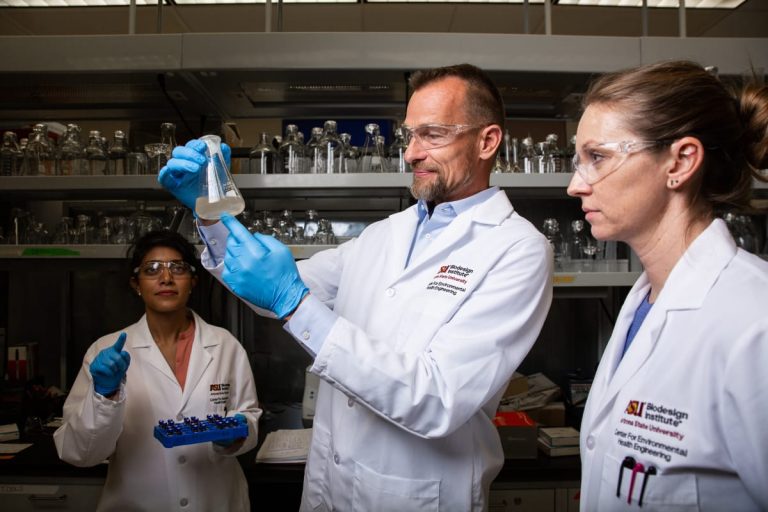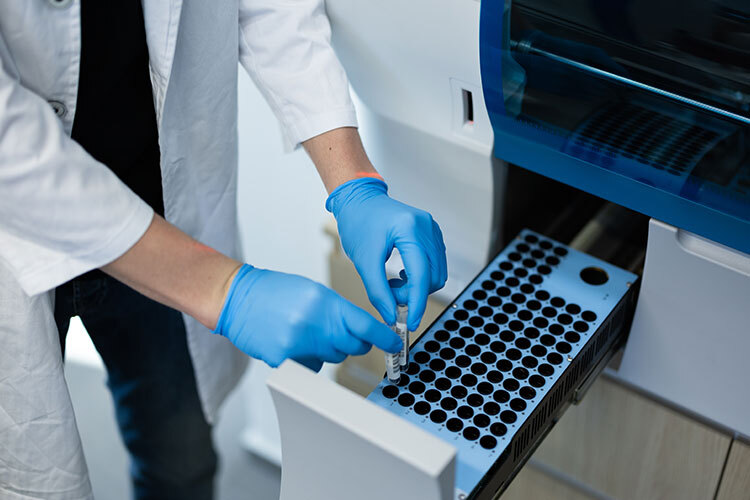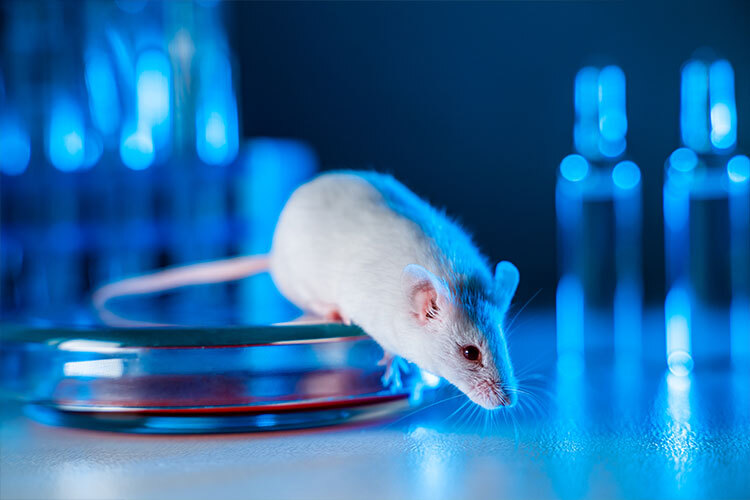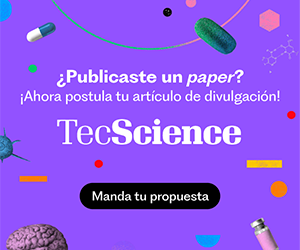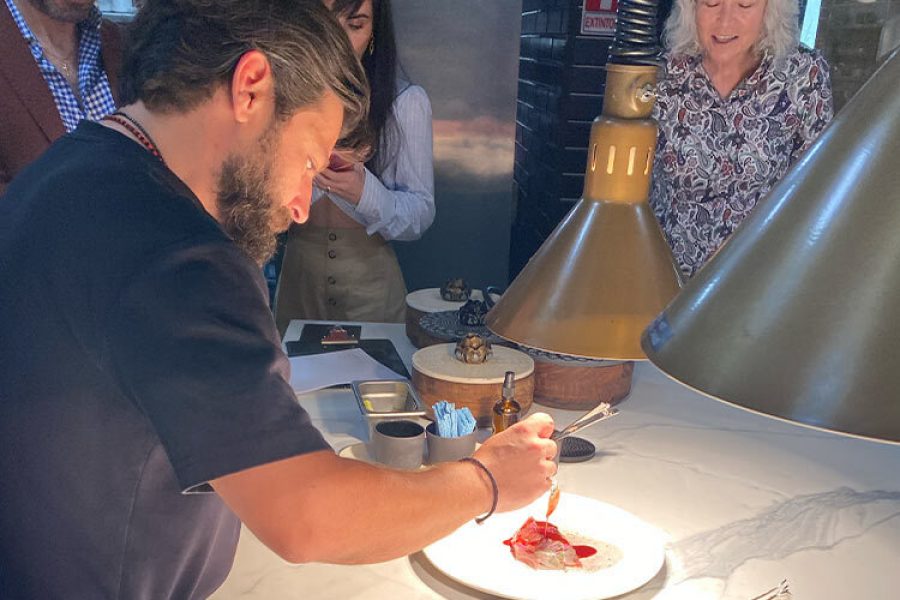Rocío Isabel Díaz de la Garza, a researcher and professor at Tecnológico de Monterrey and leader of the Integrative Biology Unit of the recently founded Institute for Obesity, is a clear example that female scientists are here to stay and break stereotypes.
Over the past 15 years, she has created a successful career focused on producing micronutrients in different foods such as papaya, tomato, avocado, and beans, and how they improve metabolism in the human body.
She will now combine her knowledge acquired on genes, proteins, and molecules to lead this Integrative Biology Unit and contribute to improving people’s health and well-being.
In an interview with TecScience, Díaz de la Garza talks about what led her to want to become a scientist, reflects on the importance of continuing to close the gender gap in STEM careers [Science, Technology, Engineering, and Mathematics], and tells us why doing science is actually fun and how the idea that scientists are strange and reclusive people is far from reality.
“We go to the supermarket and eat Gansitos. And we also dance Zumba,” she says.
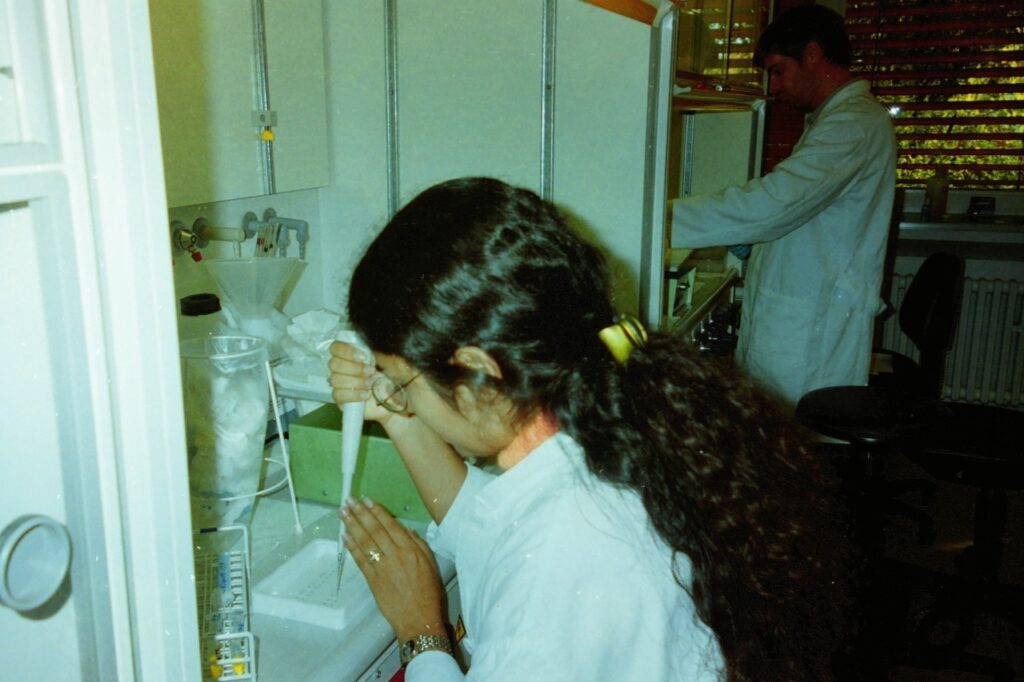
The only person with that little piece of knowledge
What got you interested in science?
I think it all began in elementary school because I was once put in a competition and it turned out that I was good at math, Spanish, and all that. I was the one who won in class, and I liked working hard. One day, my dad asked me: “Hey, wouldn’t you like to become a researcher?” That stayed with me. Also, my aunt really impacted me. She was a Chemist, and she was always talking about her work in the lab. I was impressed to see how much she loved it and she was always talking about her experiments.
I also took a summer science program supported by the Mexican Academy of Sciences, which was what really influenced my career. I went to Chihuahua to work on oregano spice, and I fell in love with plants, looking at their compounds, and so on. That’s when I said, “This is what I like.”
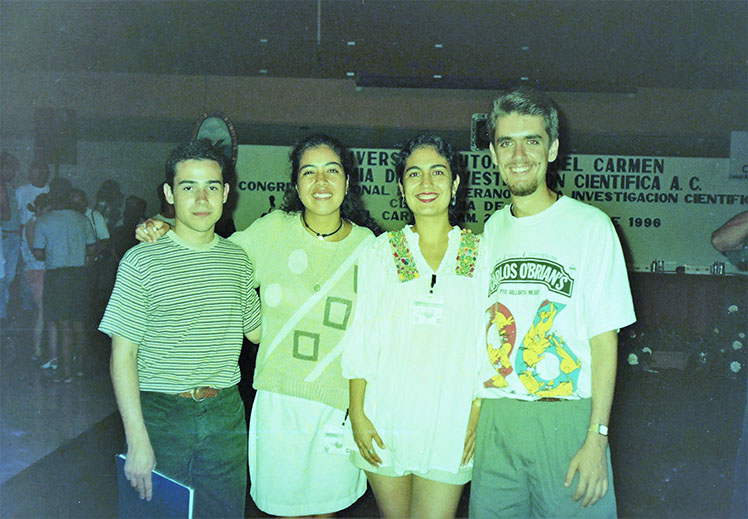
After finishing high school, guided by the influence of her father, mother, and aunt, Díaz de la Garza decided to study Chemical Engineering, specializing in Food at the Technological Institute of Ciudad Madero in Tampico. Afterward, she studied a master’s degree in Biotechnology at the Autonomous University of Chihuahua.
Once she graduated, she realized she also needed to study a Ph.D. to become a researcher, so she moved to the city of Gainesville in the United States to do a Ph.D. in Plant Molecular and Cellular Biology at the University of Florida.
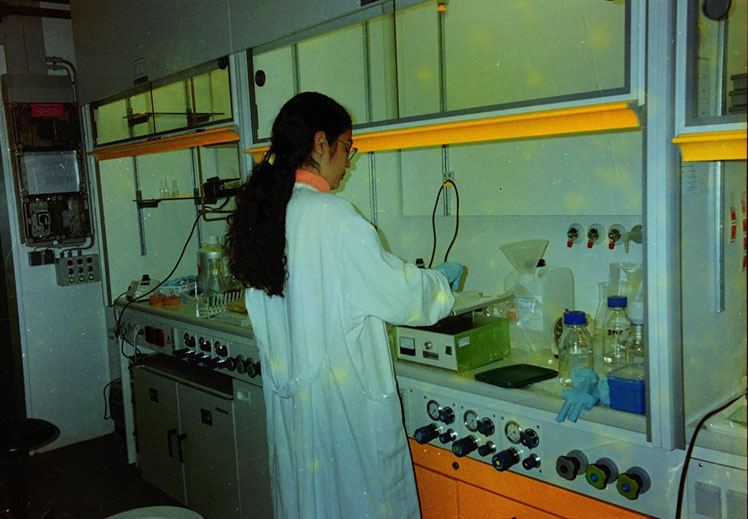
Which are some of your most rewarding moments or your greatest achievements as a scientist?
When I was doing my doctoral dissertation, I managed to increase the amount of folic acid in tomatoes. I spent two years doing lab work, without knowing if it would work. There was an experiment where a little stripe had to appear. If that little stripe showed, it had worked. It was a western blot [a lab technique used to detect the amount of protein in a sample] and it meant that my protein was there and, well, it was a big stripe. That was the result of two years of work. At that point, you’re the only person in the world who knows that. For a while, you’re the only person on Earth to have that little piece of knowledge, and it feels amazing.
Another big moment was when, as a team, we received the National Food Technology Award. It was a thesis we did with Dra. Perla Ramos and Dra. Carmen Hernández. We generated the evidence of precisely that discovery: papaya genes turn on if you cause them stress at high pressure and this makes them produce more vitamins.
Beyond the aims of your research, how does it feel to be a scientist as a human being?
I once said that I have the best job in the world. I consider myself very lucky to do what I enjoy. And I continue to say it: I have one of the best jobs because I train people. In other words, it’s a responsibility but it’s the best thing that can happen to you, to see how your teaching impacts others.
One of the best feelings is when you explain something that’s very complex, and the third time [that you explain it], you see a glimmer in their eyes that says: “I get it.” And also helping them discover what their passion is, that’s also part of the job.
In recent years, I’ve been very involved with gender issues in science because STEM fields, engineering fields, are in general careers with fewer women than other careers, and that’s also been a really enriching experience.
Despite the fact that great progress has been made around the world to increase their participation in STEM careers and scientific research, only 28% of women study engineering in Mexico. Out of the 9 million Mexican women who graduated from college in 2021, only 13.5% did so in these areas.
That’s why Rocío Díaz, together with professors and researchers from Tecnológico de Monterrey’s School of Engineering and Sciences (EIC), such as Luz María Martínez Calderón, Ileana Ruiz Cantisani, Vianney Lara Prieto, and Laura Romero Robles, launched the Women in Engineering and Sciences (MIC) initiative in 2020.
Today, the initiative has evolved into Ingenia: Women in Engineering and Sciences, whose aim is to support women and girls who decide to pursue STEM careers.
What has been your experience as a female scientist?
Well, very good lately. I’ve spotted certain differences. You notice the details once you’re more deeply involved in the subject, the moments and micro aggressions. I do see a big cultural difference from when I arrived at the Tec to what it’s like now.
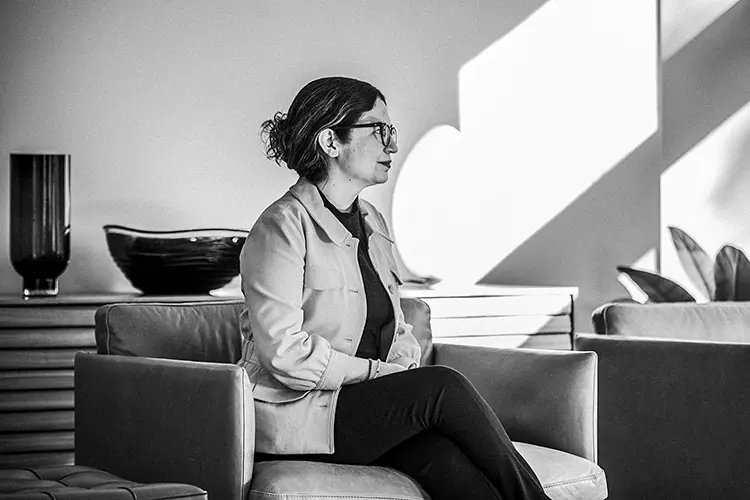
Breaking the gender gap
Why do you think you had the opportunity to get into science and why do you think other women don’t?
It’s often due to family support, but there are also success stories of female scientists where, on the contrary, their dads told them, “You’re not going.” It’s about moments and conversations. This is why I think that closeness is always very important, to talk and to give examples.
There’s a phrase, for example, when my dad asked me if I wanted to be a scientist. I have it memorized: We were in a corridor in the house and that was it, and then we each keep on doing what we were doing, but it stayed with me.
My childhood was an example of equality and that’s why it hit me so hard when I realized that not everyone’s childhood was like that.
They also need continuous support and constant “Yes, you can” statements, no matter who it comes from.
What would you say to girls and young women who want to be scientists, but have no idea if they can do it, or if it’s a good idea?
One: That is a good idea; science is fun. Two: It’s always important to find the thing that you enjoy. Science allows you to meet many people from many places. It allows you to travel. You work a lot, but it includes a lot of very good things, both professional and personal ones. It’s not about being locked in a laboratory or being the crazy scientist like they show in cartoons. And as long as you enjoy it, nothing can stop you. Because yes, you can do it, and the conditions right now are much better.
Rocío Díaz can’t imagine doing anything else, but that doesn’t mean she doesn’t live a normal human life with feet on the ground. Sometimes, people who don’t do science and who don’t know much about it believe that scientists aren’t interested in the rest of society and live secret lives, detached from those of the general population.
What would you say to people who believe that being a scientist is about observing from the sidelines, rejecting the society?
Not at all. We go to the supermarket and eat Gansitos. And we also dance Zumba. This job, in academia, also gives you the chance to travel and you have a lot of human contact; we give classes, we go out with colleagues; and yes, we live in houses with dogs or children too. As a scientist, there is a high intellectual demand, but the lifestyle we live is very enriching. You have to write papers, get money for research, and so on. There are lots of things and it involves a lot of contact with other researchers, students, and with society in general. And we also party!
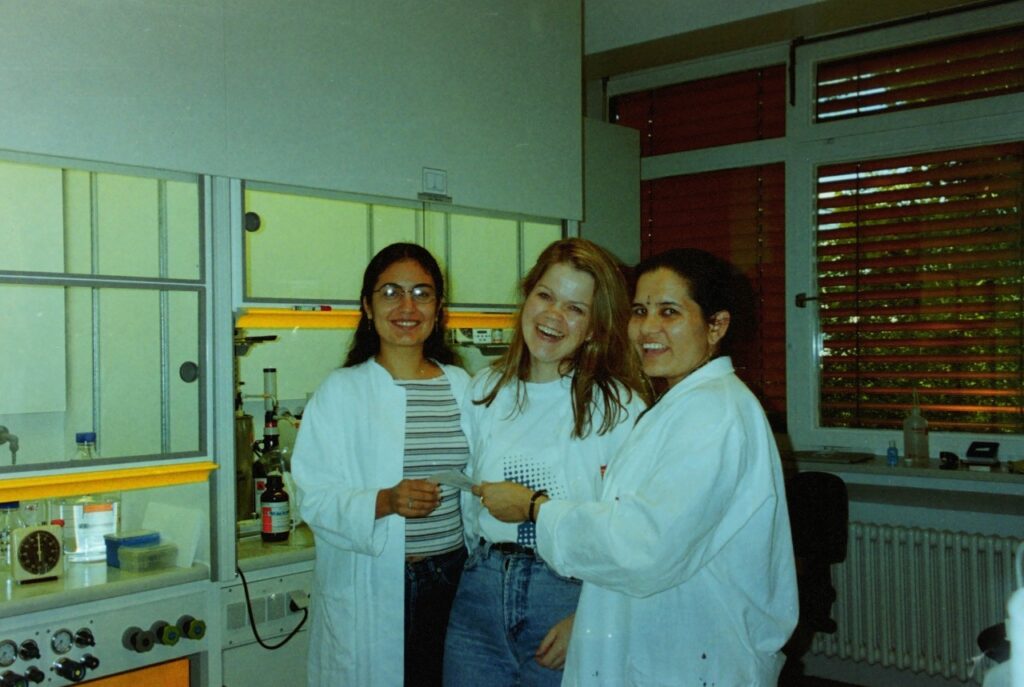
What do you think about the support received in Mexico for Science?
There are many scientists in Mexico who are very much in love with science and working very hard. Are we lacking resources for science? Yes, of course. But, the good thing about Mexicans is that we find ways to get things done.
The thing about Mexicans is that we adapt. If resources are suddenly cut off from one side, then you look somewhere else. But, definitely, with the potential we have and the commitment of many scientists in Mexico, if we were to get more funding, we would do much, much better.
